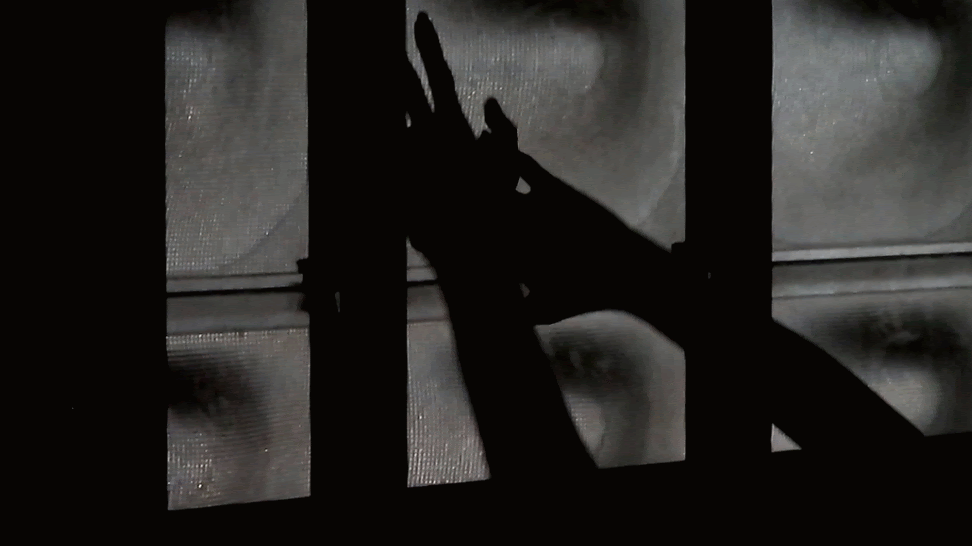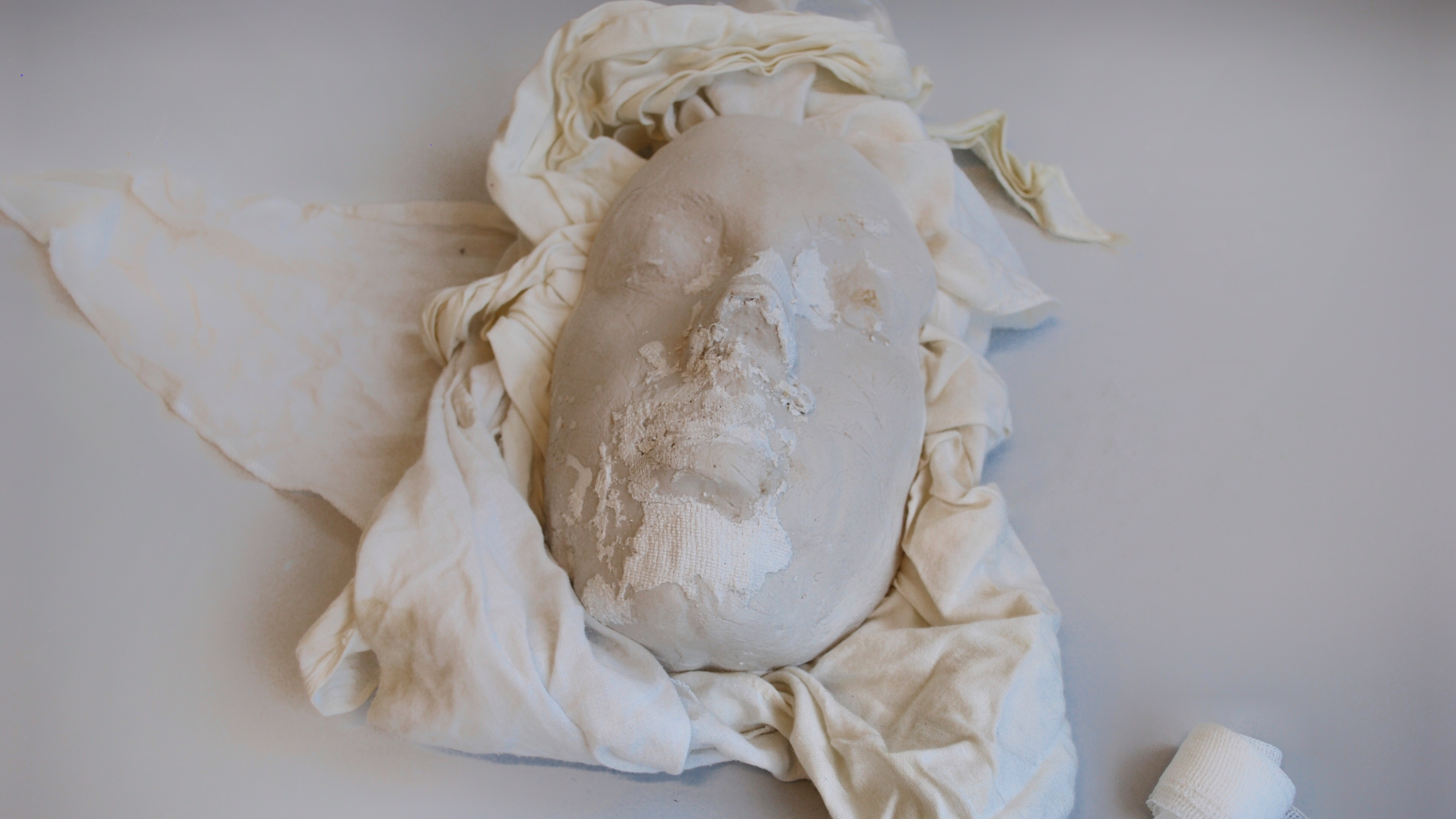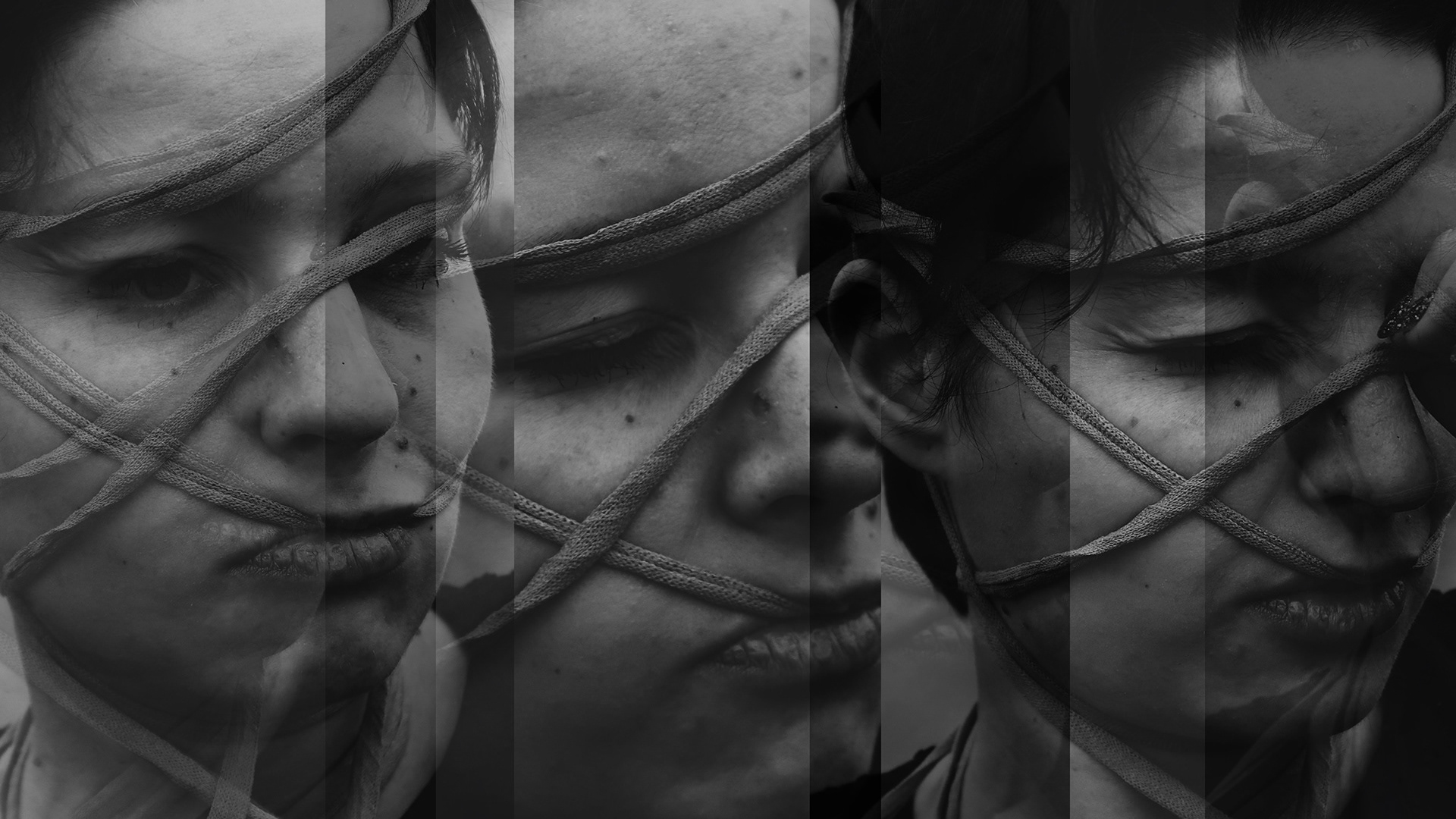keep in mind this should be a live performance
background
Worldwide numerous scientific researches have been conducted about the importance of touch. It is now clear that touch is a basic necessity of life, just like eating and drinking. The main hormone produced is oxytocine, the "cuddle-hormone", which causes the positive feeling after being touched.
The importance of the sense of touch is already apparent from the fact that the skin is the first senses to develop in a fetus. In the womb already we are able to feel through our skin. And when we are old and gray, the skin is the longest-lasting sense organ; the face and hearing deteriorate much earlier. The skin is by far our largest sense: we have an average of no less than 1.6 square meters, full of small sensors that are all specialized in receiving different signals from the outside: cold, heat, pain, pressure and touch.
Evolutionary psychologists find it perfectly logical that we as humans are so dependent on touch. In her book "A Natural History of the Senses", American writer Diane Ackerman explains that an infant wants to be touched, because it gives a safe feeling: if you are touched, there is someone around you, so you are protected if a tiger emerges from the bushes. The body also knows that it is being fed. No touch, on the other hand, means no protection, no food - so growth is halted.
Psychologist Harry Harlow discovered that monkeys that had not been touched in the first six months of their lives started to exhibit bizarre behavior in later life. They could not get along well with other monkeys, they really only argued and could barely get a partner. Those who, in spite of this, had succeeded in giving birth to a baby monkey turned into bad parents who neglected or abused their young. Conclusion: touch in your childhood not only provides a necessary sense of security, it also teaches you how to deal with your peers in later life.
There are countless mental and physical benefits of touch. Not only stress, but also anxiety and depressive symptoms decrease. Touch can also reduce pain. Because the signals from the touch sensors in our skin travel to our brain faster than the signals from our pain sensors, the nerves are blocked for pain and we do not feel it or feel it less. It has also been found that massage makes people less aggressive. It can reduce symptoms of bulimia and anorexia nervosa, and people with HIV get more and better functioning natural killer cells in their immune system. High blood pressure also decreases in people who are massaged. Touching also gives a calm, alert state in the brain, which makes us better able to learn. And when children massage each other at school, there appears to be less bullying - if only because of the simple fact that those who massage each other do not hit each other.
concept
Taking this background into account I performed "caress me please". I wanted to find out if mechanical touch works as well as physical touch and if the touch should be human, or could be from anything. My face unmoved as the benefits are felt from the inside. This touch still continues to be mechanical, but my inside is moved.
sourches







